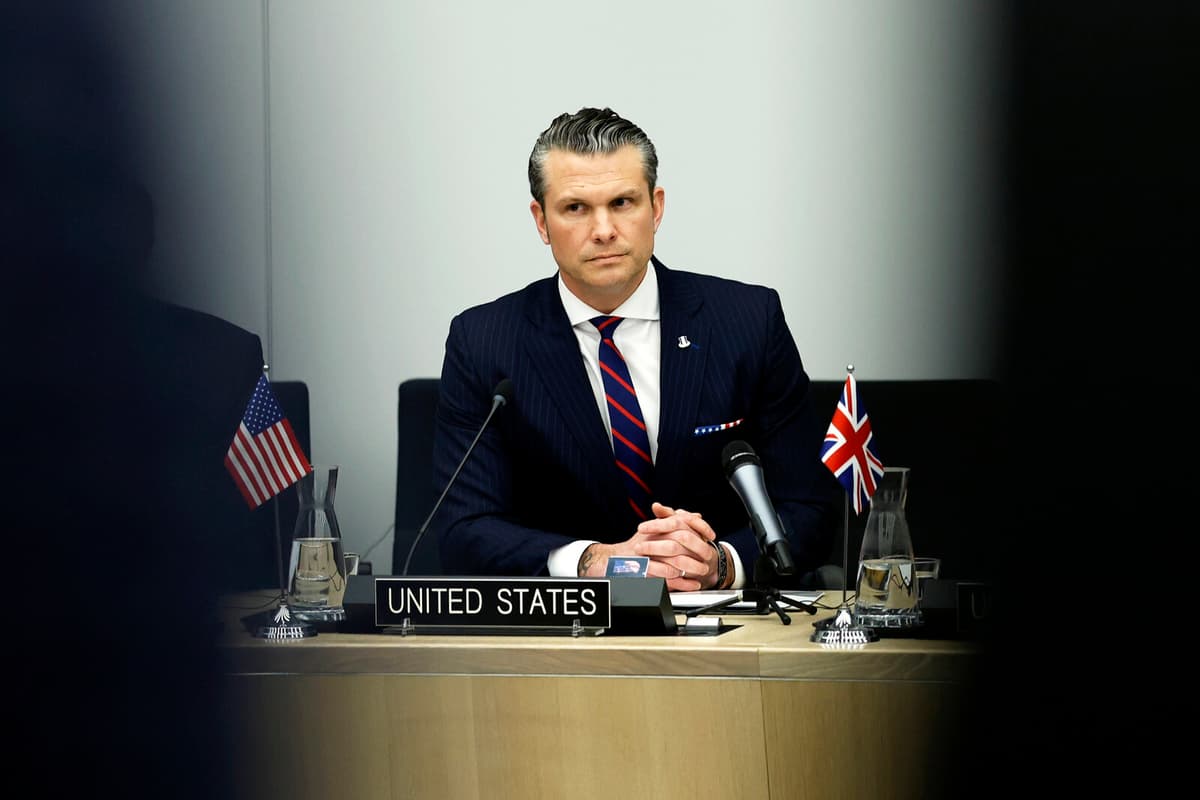The message from the US Defense Minister Pete Hegseth in Brussels and ahead of the security summit in Munich, which begins on Friday, astonishes researcher Christiansson:
Ukraine's President Volodymyr Zelenskyj says he is willing to make certain compromises – if he gets American security guarantees, including membership in NATO. Now he doesn't get it – and that's the nightmare.
Playing it cool
The Russians can play a cool game, where they simply get more and more messages from the West about what the West is willing to pay for peace. Here, Russia's President Vladimir Putin gets the message that the US is willing to give up conquered parts of Ukraine, and that the US will review its support for Ukraine.
Christiansson notes that the US has already shown its cards before negotiations have even begun.
- It's not surprising that Ukraine's President Zelenskyj makes such concessions, since he doesn't want to be pressured by Washington. He has already opened up for possibilities of bargaining; but that the Americans do it surprises me.
A part of deterrence
Equally serious for Ukraine, and for Europe, are the American signals about turning their back on the security guarantees that have applied to Europe.
NATO is a political commitment. It's not like buying a TV with a warranty. The US President must politically confirm NATO all the time, that the US stands behind NATO and that NATO will act. It's an important part of deterrence, says Christiansson and predicts about the security conference in Munich:
There will be a pretty bad atmosphere within the alliance, and that's probably an understatement.
Moreover, there is a growing national debate in countries such as Germany, Italy, and France about how to support Ukraine. The US wants to withdraw its economic support, but urges European countries to invest in American weapons to support Ukraine.
But the result may instead mean reduced European support.
American leadership is very important in the development, says Christiansson.






